Description
For over a decade, conflict among members of a small Native American tribe in Southwestern Utah has resulted in intra-tribal fights, lawsuits, a coup and a new regime, and threats of termination of tribal membership. At the core of the conflict among members of the Skull Valley Goshutes over the storing of nuclear waste on their reservation are issues of political, cultural, and environmental identity. Using narrated identity theory by Paul Ricoeur, the author analyzes narratives from tribal members and concludes that both political and cultural identity are constructed, maintained, and negotiated through narratives about nuclear waste and are articulated in such a manner as to create a direct connection with the natural world. The environment becomes more than a context for political and cultural conflict: it constitutes the conflict itself. Identity narratives become the means by which conflict about the nuclear waste gets constructed and reconstructed. Likewise, the nuclear waste controversy becomes the conduit by which tribal identity is allowed to evolve and change creating a complex milieu for tribal policy development and decision making.

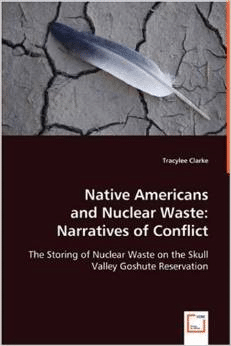
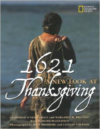
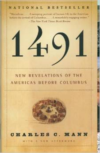
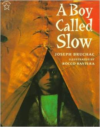
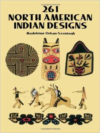
Reviews
There are no reviews yet.